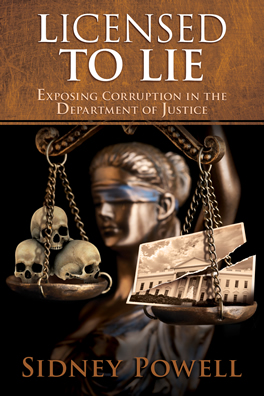The Forgotten Admonition
In Berger v. United States 295 U.S. 78, 88 (1935), the Supreme Court enshrined the special role of the federal prosecutor in our system of justice:
The United States Attorney is the representative not of an ordinary party to a controversy, but of a sovereignty whose obligation to govern impartially is as compelling as its obligation to govern at all, and whose interest, therefore, in a criminal prosecution is not that it shall win a case, but that justice shall be done. As such, he is in a peculiar and very definite sense the servant of the law, the two-fold aim of which is that guilt shall not escape or innocence suffer. He may prosecute with earnestness and vigor — indeed, he should do so. But, while he may strike hard blows, he is not at liberty to strike foul ones. It is as much his duty to refrain from improper methods calculated to produce a wrongful conviction as it is to use every legitimate means to bring about a just one.
Unfortunately, especially in high-profile cases, it seems that prosecutors have forgotten this admonition. Winning becomes a game—at any cost. Please send us any court rulings you have finding that any federal prosecutor suppressed evidence favorable to the defense. We will collect and post them, and begin a catalogue of cases so that this blog may be of use to anyone facing an unethical prosecutor.











Comments are closed.